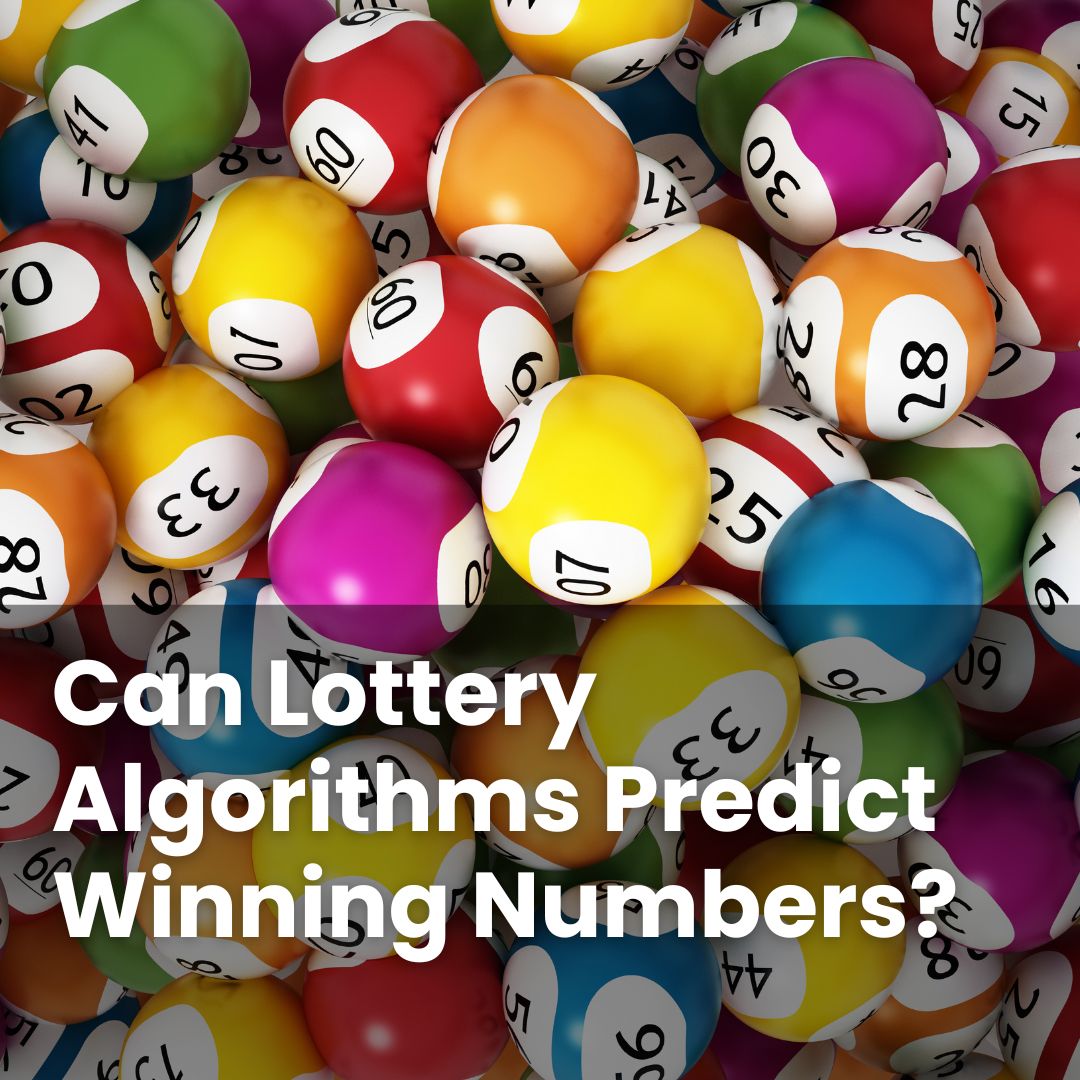Every week, many people across the UK take part in the lottery, choosing their numbers with the hope they might match those drawn. There is ongoing conversation about prediction methods and whether any approach can genuinely impact the outcome.
Some individuals explore previous draws or turn to technology in an effort to identify potential patterns. Before potentially choosing your numbers, it could be helpful to understand the truth behind how lottery draws function and whether algorithms or prediction systems play any role in the process.
How Lottery Prediction Software Claims To Work
Some UK-based players use lottery prediction tools. These systems typically gather data from past draws and use it to highlight patterns.
Features may include charts showing how often certain numbers appear, or basic analyses pointing to what some describe as frequently drawn numbers. More advanced versions may refer to Artificial Intelligence (AI) or machine learning techniques that aim to detect patterns in larger datasets.
Some tools also suggest avoiding common selections such as birthdays. The idea is to choose less popular combinations, which could influence the size of a shared prize if a match occurs.
However, UK lottery games use Random Number Generators (RNGs) or certified mechanical draw machines. These methods are tested by independent bodies to support fairness. In games like the UK National Lottery, the odds of matching all six main numbers are around 1 in 45,057,474.
Why You Should Be Sceptical of Number-Picking Tools
There are many number-selection tools available, both free and paid. They often suggest that data patterns can help inform your selection. But UK lottery draws are designed to remove repeatable patterns.
Draws are tested by approved organisations to ensure impartiality. Each number has the same chance of appearing during a draw, regardless of previous outcomes. These standards are required by the UK Gambling Commission (UKGC).
Whether a player selects numbers manually or uses a tool, the probability remains unchanged. Tools that suggest certain sequences based on trends or repetition do not change how the draw is conducted.
There is no official evidence that number-selection tools influence outcomes in regulated UK lottery games.
Discover The Best Online Casinos
Browse our list of top-recommended casino sites, read reviews from real players & be the first to get access to the latest casino bonuses
Can Data Patterns Really Reveal Future Lottery Numbers?
UK lottery draws are designed to be unpredictable. Independent testers assess machines and RNGs to check for randomness.
It’s common for people to review previous results and form preferences based on frequency or perceived gaps. While this method might apply in data-driven industries, lottery draws follow different principles.
The odds for matching six numbers in the UK Lotto remain around 1 in 45 million. Previous draws do not influence future outcomes. No official source recognises a method for forecasting lottery numbers based on historical data.
What Role Does Machine Learning Play In Lottery Predictions?
Some lottery prediction tools mention machine learning or AI as part of their process. These technologies are often used in areas like finance or healthcare to identify patterns and make decisions based on large sets of data. In lotteries, the idea is that similar methods might uncover trends in past draws.
How AI Approaches Random Number Games
AI tools can review thousands of past draws to highlight repeating numbers or combinations. They may try to identify clusters or sequences that appear more often than others. However, UK lottery draws are designed to be random. Each result is produced using certified equipment that is regularly tested for fairness. Because the outcomes do not follow patterns, AI does not offer an advantage when selecting numbers.
Do Algorithms Outperform Random Picks?
You can select lottery numbers manually or use a “Lucky Dip”, which chooses numbers at random. Some believe algorithms, based on rules or previous data, might lead to a better selection.
These systems may use statistical methods or draw data to recommend numbers. For some, this can offer a structured way to take part. However, the method of selection does not affect the outcome of a regulated draw.
UK lotteries are tested to ensure that results are random. Whether you use an algorithm, a personal method, or an automatic selection, the odds remain the same.
There is no independent evidence that algorithm-based selections lead to better outcomes in official UK lottery games.
What Science Says About Predicting Lottery Outcomes
Researchers and statisticians in the UK have reviewed lottery results. Their findings indicate that each number has an equal chance of being drawn in every game.
Independent checks confirm that draws follow a random format. Results from thousands of previous games show no lasting patterns. Mathematical models have not identified any repeatable advantages.
UKGC regulations support the requirement that draws are random. No credible research or study has shown that any prediction system can forecast future results in regulated draws.
Lotteries are sometimes used in education to explain probability. They help show that random processes can’t be accurately forecast using previous data alone.
Should You Trust Lottery Prediction Apps?
You may come across lottery apps that offer number recommendations. These apps often refer to past draws and claim to identify better combinations. Some offer free features, while others charge for access.
In the UK, lottery draws are independently checked for fairness. Each number must be equally likely to appear. No app can change the chances of a particular outcome.
Some apps may request payment for number suggestions. It might be wise to consider this carefully. The odds for matching the top prize in the UK Lotto are around 1 in 45 million, regardless of how you choose your numbers.
Before considering using prediction tools or apps, it could help to understand how randomness is enforced in UK lotteries. This understanding can help to inform your approach.
Always remember to gamble responsibly and within your means- never wager more than you can afford to lose.





